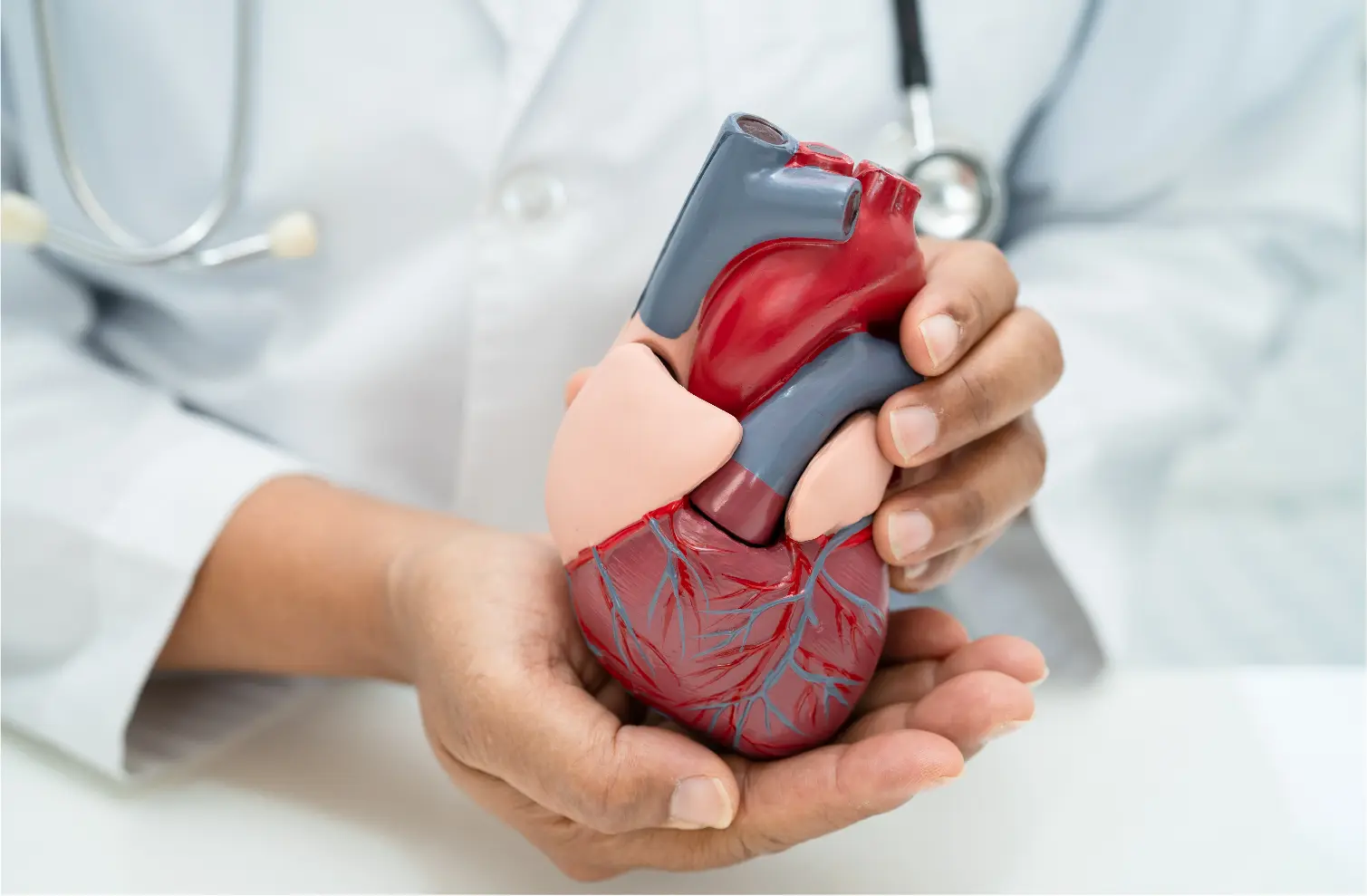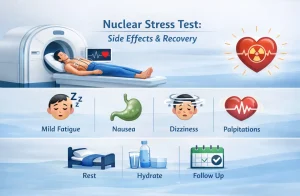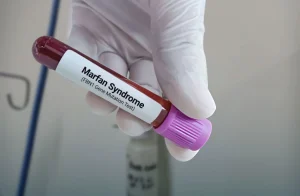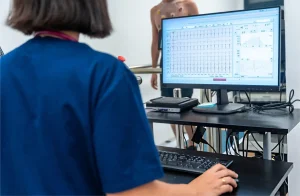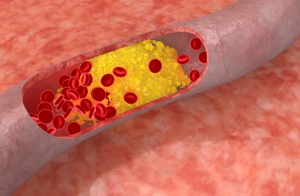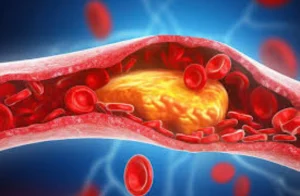Ever heard the saying, “An ounce of prevention is worth a pound of cure”? Nowhere is this truer than when it comes to your heart, specifically when it comes to heart valve disease.
It’s a silent threat affecting a staggering 2.5% of the US population—that’s over 8 million people! And it’s not just an ‘old folks’ problem. While it’s true that 13% of those over 75 are affected, the reality is that anyone can develop valve problems.
Shockingly, a whopping 75% of Americans know little to nothing about this condition. And even when symptoms do appear, only 40% seek treatment. The result? A heartbreaking 250,000 deaths every year.
This guide is your roadmap to a healthier heart. We’ll explore the causes of valve disease, the subtle signs you shouldn’t ignore, and most importantly, the simple yet powerful steps you can take to protect those vital valves.
Understanding The Types of Heart Valve Disease
Think of your heart valves as one-way doors that keep blood flowing in the right direction. There are four of them, each with a specific job:
- The aortic valve controls blood flow from the heart to the body.
- The mitral valve lets blood flow from the lungs into the heart.
- The pulmonary valve controls blood flow from the heart to the lungs.
- The tricuspid valve lets blood flow from the body into the heart.
When Things Go Wrong
Heart valve disease happens when one or more of these valves don’t work right. Here’s how it can break down:
- Stenosis: The valve opening gets narrow or stiff, making it hard for blood to flow through.
- Regurgitation: The valve doesn’t close tightly, so blood leaks backward.
- Prolapse: The valve flaps get floppy and bulge backward, which can also cause leakage.
Prevent heart problems before they start – Schedule a preventive checkup
Contact UsWhy Does This Matter?
When your heart valves aren’t working properly, your heart has to work harder. This can lead to tiredness, shortness of breath, and even heart failure. In some cases, it can be life-threatening.
What Causes Heart Valve Disease?
Alright, now that we’re familiar with the different ways heart valves can malfunction, let’s dig a bit deeper: why do these problems happen in the first place?
Age Factor:
Just like any other part of your body, your heart valves experience wear and tear over time.
As we age, the valve tissues can stiffen or become damaged, increasing the risk of stenosis or regurgitation. Think of it like an old door hinge that gets rusty and squeaky
Congenital Defects:
Sometimes, people are born with heart valve problems.These are called congenital defects, and they can affect any of the four valves. It’s like a house being built with a faulty door from the get-go.
Infections:
Certain infections, like rheumatic fever (caused by untreated strep throat), can damage the heart valves.This is why it’s so important to take any infection seriously and get prompt treatment.
Other Health Conditions:
Several other health conditions can increase your risk of valve disease:
- High blood pressure puts extra strain on the valves.
- High cholesterol can lead to plaque buildup, which can affect valve function.
- Coronary artery disease can weaken the heart muscle, impacting how the valves work.
- Heart attacks can damage the valves directly.
Lifestyle Factors
While not direct causes, certain lifestyle choices can up your risk:
- Smoking damages blood vessels and increases the risk of heart disease in general.
- Excessive alcohol use can weaken the heart muscle.
- A poor diet and lack of exercise contribute to high blood pressure, cholesterol, and other risk factors.
Warning Signs You Shouldn’t Ignore
Heart valve disease is often called a “silent killer” because it can develop gradually without noticeable symptoms for years. But your body does try to warn you when something’s amiss. The key is to listen and know what to listen for.
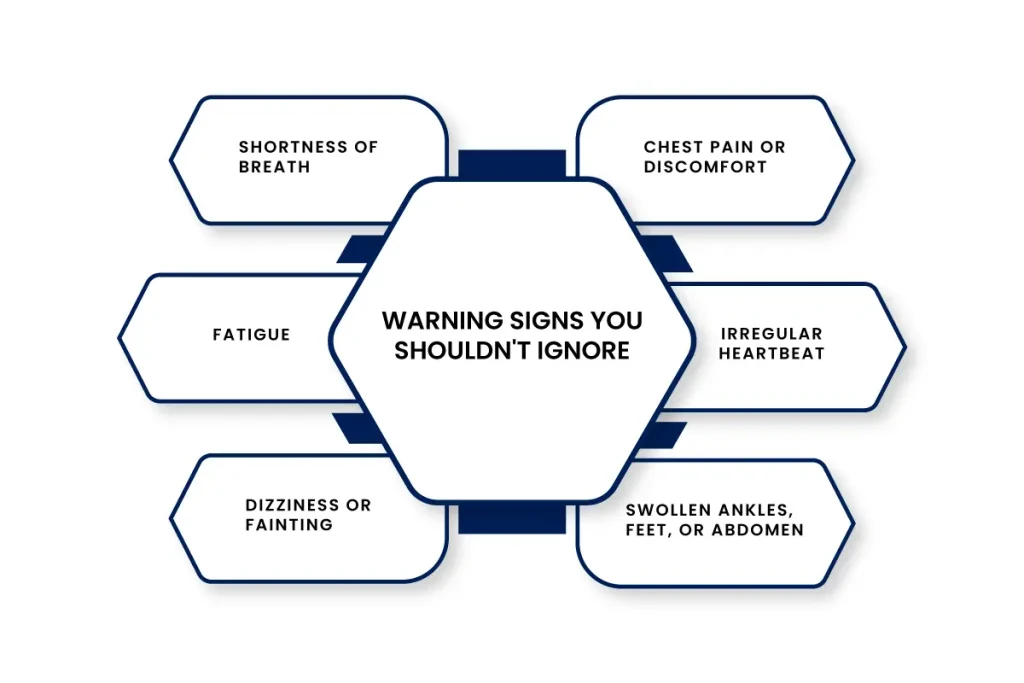
Shortness of Breath: This is a classic sign, especially during exertion. If you find yourself getting winded easily, even doing simple tasks, it could be your heart struggling to pump blood efficiently due to a faulty valve.
Fatigue: Feeling unusually tired or weak, even after a good night’s sleep? It could be your heart working overtime to compensate for a valve problem.
Dizziness or Fainting: These can occur when blood flow to the brain is reduced, which can happen if a valve isn’t working properly.
Chest Pain or Discomfort: While not always present, chest pain or a feeling of pressure can be a sign of valve disease, especially during physical activity.
Irregular Heartbeat: A fluttering or racing heart (palpitations) or a skipped beat can be a sign of valve problems, especially if they occur frequently.
Swollen Ankles, Feet, or Abdomen: This swelling (edema) is caused by fluid buildup, which can happen when the heart isn’t pumping efficiently due to valve disease.
Less Common but Serious Symptoms
- Heart Murmur: This is an abnormal sound heard through a stethoscope, often indicating a valve problem.
- Persistent Cough or Wheezing: Fluid buildup in the lungs due to valve disease can lead to a chronic cough or wheezing.
Why Early Detection Matters
The earlier heart valve disease is detected, the better the chances of successful treatment and prevention of complications. Don’t brush off these symptoms as “just getting older” or “stress.” If you notice any of these warning signs, especially if they’re new or worsening, talk to your doctor.
Preventive Measures to Take For Heart Valve Disease
We’ve covered a lot of ground, haven’t we? From understanding the types and causes of heart valve disease to recognizing the warning signs and taking proactive steps to prevent it. But knowledge is only half the battle. Now comes the important part taking charge of your heart health.
1- Eat Your Way to a Stronger Heart:
A balanced diet rich in fruits, vegetables, whole grains, and lean protein can work wonders for your heart valves. Focus on foods low in saturated and trans fats, cholesterol, and sodium. Think of it as giving your heart the premium fuel it deserves.
2- Kick the Habit:
Smoking is a major no-no for heart health. It damages blood vessels, increases blood pressure, and contributes to plaque buildup – all of which can wreak havoc on your valves. If you smoke, quitting is the single best thing you can do for your heart.
3- Moderate Alcohol Intake:
While a glass of red wine now and then might offer some heart benefits, excessive alcohol consumption can weaken the heart muscle and increase your risk of valve problems. So, keep it moderate!
4- Get Moving:
Regular physical activity strengthens your heart, improves blood flow, and helps maintain a healthy weight. Aim for at least 30 minutes of moderate-intensity exercise most days of the week. Find something you enjoy – whether it’s walking, swimming, dancing, or biking – and make it a part of your routine.
5-Manage Stress:
Chronic stress can raise your blood pressure and contribute to heart problems. Find healthy ways to manage stress, such as yoga, meditation, deep breathing exercises, or spending time in nature.
6- Regular Checkups:
Even if you feel fine, regular checkups are crucial for early detection of any heart problems, including valve disease. Your doctor can listen for heart murmurs, check your blood pressure and cholesterol levels, and order tests if needed.
Prevent heart problems before they start – Schedule a preventive checkup
Contact Us7- Manage Underlying Conditions:
If you have high blood pressure, high cholesterol, diabetes, or other conditions that increase your risk of heart valve disease, it’s vital to keep them under control. Work closely with your doctor to manage these conditions through medication, lifestyle changes, or other treatments.
8- Stay Up-to-Date on Vaccinations:
Certain infections, like rheumatic fever, can damage heart valves. Make sure you’re up-to-date on vaccinations, especially the flu shot and pneumococcal vaccine.
9- Practice Good Oral Hygiene
Believe it or not, your oral health is linked to your heart health! Bacteria from gum disease can enter the bloodstream and potentially infect the heart valves. So, brush and floss regularly, and see your dentist for checkups and cleanings.
10- Know Your Family History
If you have a family history of heart valve disease or other heart conditions, you’re at a higher risk. Talk to your doctor about your family history and any additional preventive measures you might need to take.
11- Stay Informed
Knowledge is power! Learn as much as you can about heart valve disease, its risk factors, and preventive strategies. By understanding the condition, you’ll be better equipped to make informed decisions about your health and advocate for yourself.
Bottom Line
Preventing heart valve disease is a lifelong journey that involves healthy habits, regular medical care, and proactive self-management. By taking these steps, you’re not just protecting your heart valves – you’re safeguarding your overall health and well-being. Remember, it’s never too early or too late to start taking care of your heart!

